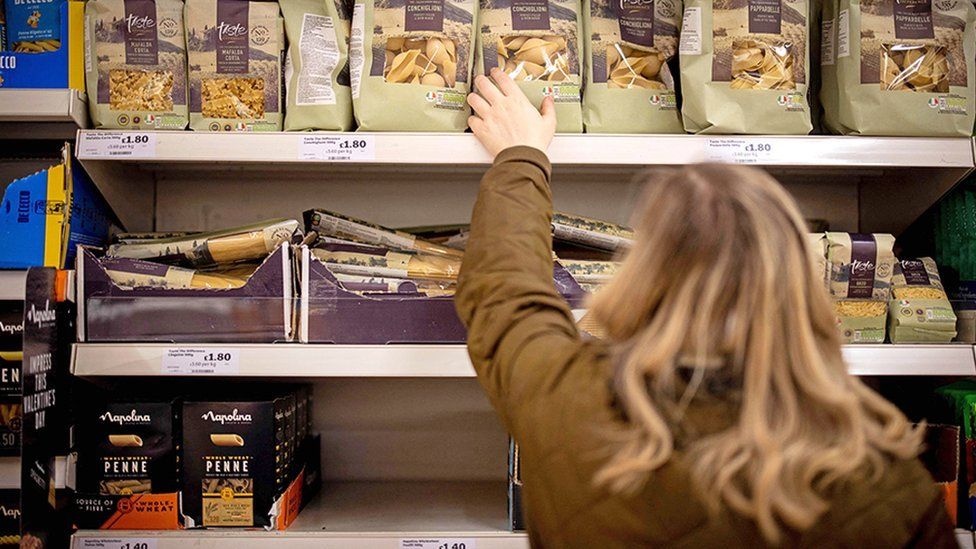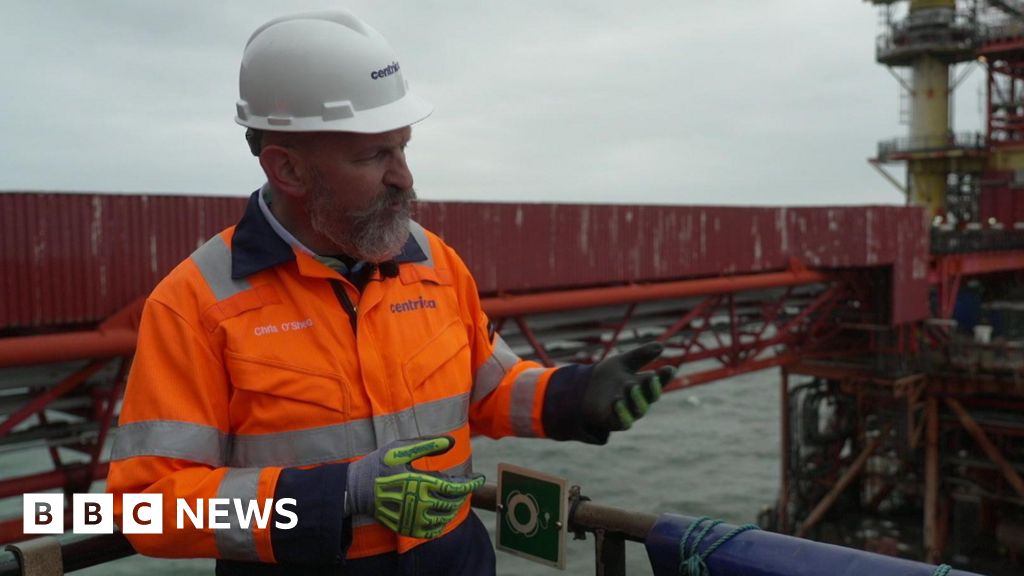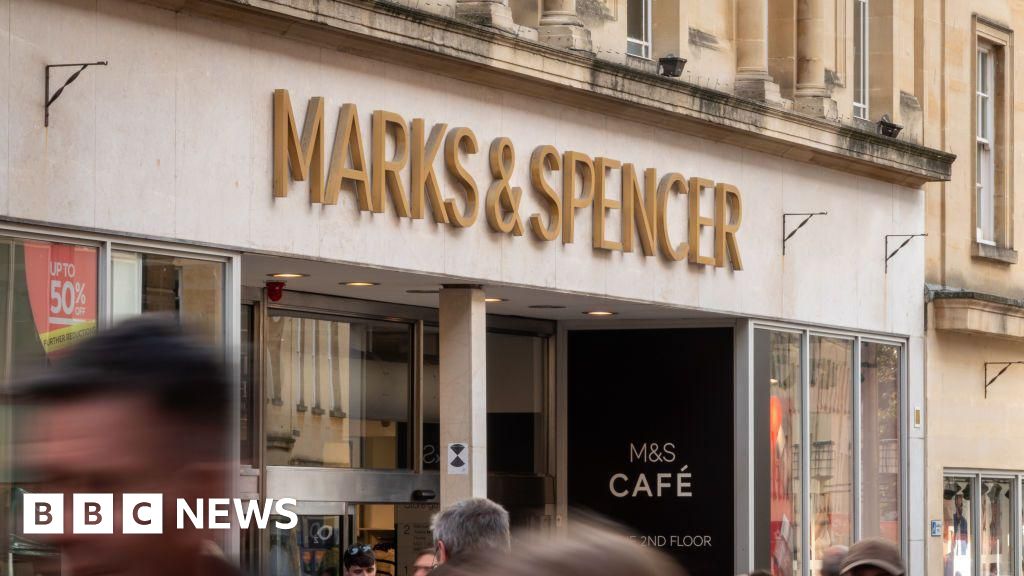ARTICLE AD BOX
 Image source, AFP
Image source, AFP
By Daniel Thomas & Jemma Dempsey
BBC News
Marmite-maker Unilever and the grocer Sainsburys have rejected suggestions that they are not protecting customers from rising prices.
It comes after the Office for National Statistics (ONS) told the BBC that falls in global food prices were not yet being reflected in supermarkets.
Unilever said it was not "profiteering in any form" from rising prices.
Sainsburys said it had spent millions on lowering prices and was "determined to battle inflation".
The cost of living has surged recently, with food prices almost a fifth higher in March than a year earlier - the biggest such rise since 1977.
However, wholesale food prices have started to fall with the World Bank saying it expected them to drop 8% by the end of this year.
Supermarkets say such falls take time to reach supermarket shelves. But in March the Unite union accused some supermarkets of "fuelling inflation by excessive profiteering".
In January, Tesco chairman John Allan suggested suppliers may be at fault, telling the BBC it was "entirely possible" that they were using high inflation as an excuse to raise prices unnecessarily.
But on Thursday, Unilever boss, Alan Jope dismissed such suggestions to reporters, saying the company was only passing on three quarters of the higher costs it was facing.
"We are very conscious that the consumer is hurting and that's why we are not passing through the full price increases and are asking shareholders to bear some of the burden," Mr Jope said.
It came as the consumer goods giant, which also makes Ben & Jerry's ice cream, reported a 10.5% rise in sales in the first three months of the year.
The better-than-expected figure was driven by price hikes, with the company lifting prices by 10.7% over the period.
Separately, the boss of Sainsbury's said the chain would pass on any falls in the price of goods as soon as it could and was "absolutely determined to battle inflation for our customers".
However, Simon Roberts said widespread price falls were not likely to come soon as energy and labour costs continued to rise.
It came as the UK's second largest grocery chain reported a better-than-expected 5% fall in underlying profits to £690m and a near-6% rise in sales in the year to March.
The war in Ukraine has driven up food prices around the world, but the UK has faced other problems on top of this - from Brexit red tape to labour shortages.
This year in particular, bad weather abroad led to shortages of some vegetables - a situation made worse by UK farmers producing less due to surging energy costs.
UK farmers have also argued that supermarkets are not paying a fair price for their produce - something the supermarkets deny.
Last week, the British Retail Consortium - which represents supermarkets- said there was a three to nine-month lag to see price falls reflected in shops.
"As food production costs peaked in October 2022, we expect consumer food prices to start coming down over the next few months," the British Retail Consortium said.

 2 years ago
79
2 years ago
79








 English (US) ·
English (US) ·